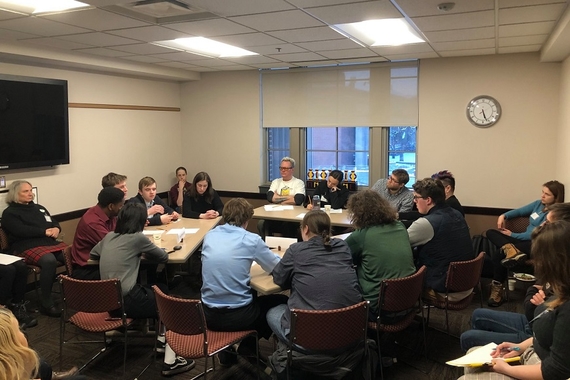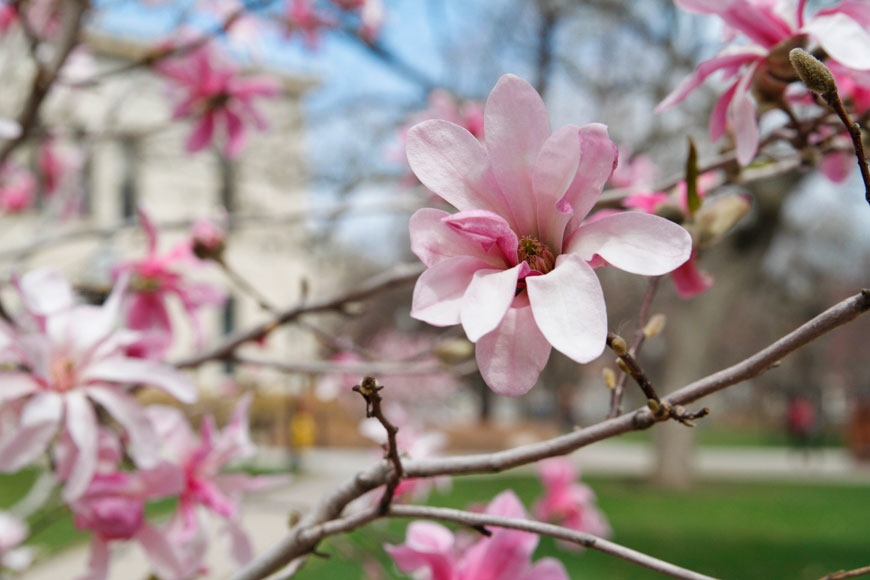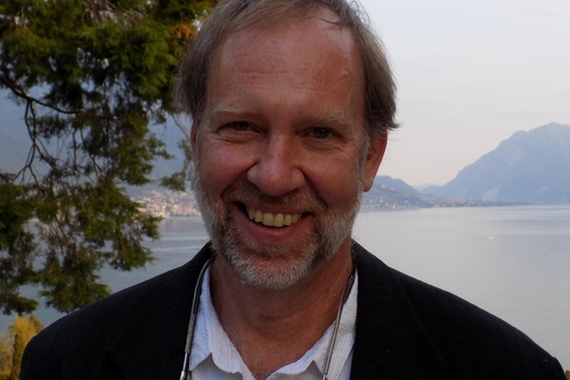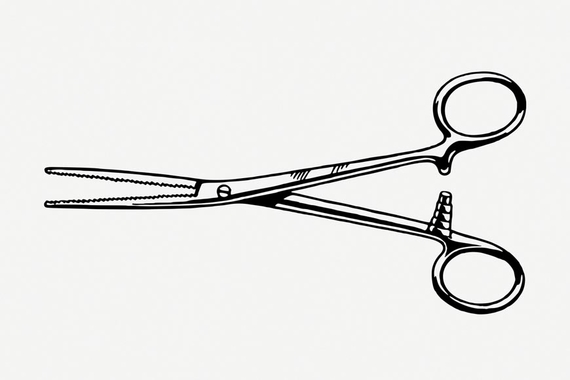Summer 2020 Newsletter
Dear friends of the Department of Philosophy,
When I wrote my last newsletter in the fall, a pandemic was a plot device in science fiction movies that I avoid. Now the pandemic is real, and it has upended normal life at the University, but it has also brought out the best in people. Our new president, Joan Gabel, and CLA’s dean, John Coleman, have stepped up to the plate with intelligent and compassionate leadership. My colleagues in the philosophy department transformed their teaching to remote instruction in a matter of days. Our director of undergraduate studies, Sarah Holtman, a self-confessed Luddite, put together a Zoom reception for our graduating seniors and created a digital memory book for them to keep. Some of us have tried to bring our philosophical perspective to bear on COVID-19, like my own attempt to think about happiness in the pandemic (“Preparing for Happiness during the Pandemic”) and Alan Love’s LA Times op-ed reflecting on risk and medical treatment. We are checking in with each other, offering support, hosting virtual happy hours, and planning for whatever the future holds.
The pandemic is a natural disaster, but the brutal murder of George Floyd is a human-caused tragedy, which brings anger and shame in addition to fear and uncertainty. The injustice and the resulting protests have fostered a different kind of uncertainty because it’s hard to know what to do to be helpful. Masks do not protect people against racism. In this context, I am glad that the philosophy department made diversity and inclusivity key parts of its mission three years ago. We hope to contribute to the long-term goal of the best educational institutions: to be a part of the solution to racism and racist violence in our country. Of course, this hope is not a sufficient response to the injustices that surround us. I would not be a college professor if I didn’t think that education is essential to progress, but I’m mindful that the road is long, and we must also address injustice in the short term. I encourage everyone who is able to help to find ways to do so. In the words of the utilitarian philosopher John Stuart Mill, “a person may cause evil to others not only by his actions but by his inaction, and in either case he is justly accountable to them for the injury.”
If you’ll pardon the abrupt shift, I will leave you with some happy announcements:
- The first Setterberg Fellows will begin their three-year terms on July 1. Congratulations to Roy Cook and Jessica Gordon-Roth! And our deepest gratitude to Dr. Stephen Setterberg for his generous support of the department.
- Professor Joe Owens retired this spring after 40 years of service to the philosophy department. Joe taught philosophy of mind, philosophy of language, logic, and ancient philosophy, and he led the Wittgenstein reading group for many years. We will miss him and we hope that Professor Emeritus Owens visits us often.
- In my last newsletter, I told you about the Ethics Bowl, an exciting new program we joined in the fall. This spring we hosted our first regional competition. You can read all about it below.
- In addition to learning how to teach online, we philosophers continue to find new ways to teach philosophy to undergraduates in ways that serve their interests. Toward this end, Alan Love has collaborated with family physician Dr. Steven Stovitz to create a new interdisciplinary course in philosophy and medicine. We’re really excited about the course, which is receiving rave reviews from students! Learn more about the course below.
- By the time you read this message, the philosophy department will have a new chair: Professor Peter Hanks. I’m sure you’ll hear from him by way of the fall 2020 newsletter. It has been my pleasure serving the department and the College in this capacity, but now it’s time for me to get back to writing and teaching!
Thanks again to all of you who support the Department of Philosophy. On behalf of all of us, I hope you stay safe and well.
Yours,
Valerie

Alan Love of the philosophy department has developed an interdisciplinary course on “how we know what we know in medicine,” co-taught with Steven Stovitz of the medical school. Combining philosophy and medicine, the course teaches students who are preparing for a variety of health-related careers.

“Is it okay to walk your pet through a cemetery?” Developed in collaboration with the philosophy department by new assistant professor Cat Saint-Croix, the new High School Regional Ethics Bowl helps teens develop positions on ethical topics and adapt them through thoughtful conversations.



